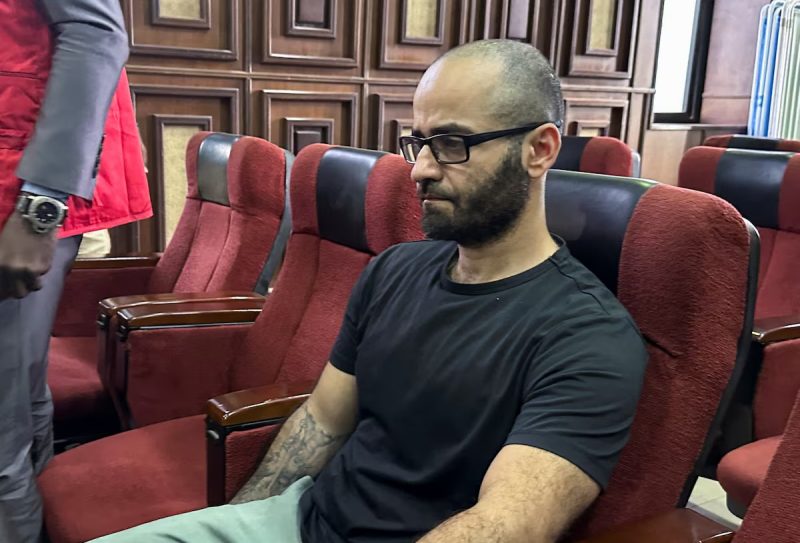Tigran Gambaryan, a detained Binance executive, will remain in Nigeria’s Kuje prison until at least May 17, as an Abuja court has postponed his bail hearing originally scheduled for an earlier date. This delay extends Gambaryan’s stay in custody, where he has been held since his arrest on February 26 on charges of money laundering and tax evasion, which his family vehemently denies, labeling them as “bogus.”
Turbulent Arrest and Detainment
Gambaryan, an American citizen and former IRS special agent, who is currently Binance’s head of financial crime compliance, was arrested along with Nadeem Anjarwalla, Binance’s regional manager for Africa, under dramatic circumstances. The arrests occurred shortly after their arrival in Abuja, where they were invited by the Nigerian government. Initially placed under house arrest, both were later formally charged, but Anjarwalla managed to escape and flee the country, leaving Gambaryan in an increasingly precarious situation.
Harsh Conditions and Legal Battles
Following Anjarwalla’s escape, Gambaryan was transferred to Kuje prison, noted for housing high-risk inmates, including suspected Boko Haram terrorists. The conditions and treatment of Gambaryan have raised significant concerns about his well-being and the fairness of his trial. His wife, Yuki Gambaryan, has expressed deep distress over the situation, criticizing the lack of action and attention from the U.S. government and describing the treatment of her husband as “pure cruelty.”
Upcoming Trials and International Scrutiny
The case has not only highlighted the controversial actions taken by Nigerian authorities but also attracted international scrutiny over the handling of foreign nationals and the implications for diplomatic relations. Gambaryan’s money laundering trial is set to begin on May 2, with the tax evasion charges being addressed separately starting on May 17.
Gambaryan, who is about to spend his 40th birthday behind bars, has pleaded not guilty to all charges. The outcome of these trials could have far-reaching effects on the operations of international firms in Nigeria and the broader geopolitical landscape involving foreign nationals detained abroad. His family and legal team continue to fight for his rights, filing suits against Nigeria’s National Security Advisor and the Economic Financial Crimes Commission for human rights violations.
The postponement of Tigran Gambaryan’s bail hearing extends an already complex and contentious legal battle, drawing attention to issues of justice and human rights in high-stakes international law environments. The situation remains a focal point for discussions on diplomatic engagement and the treatment of foreign executives in legal entanglements abroad.
